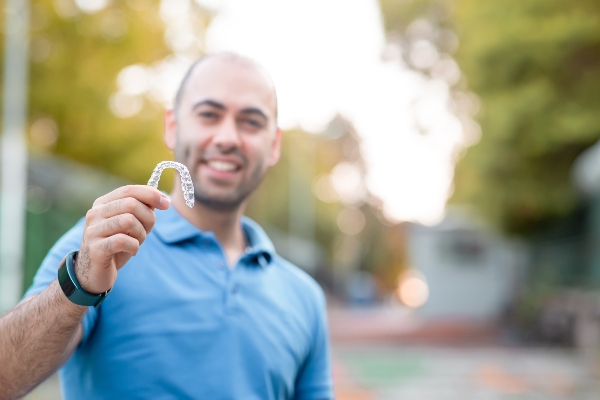 Finding the right dentist for kids can have a lasting effect on how your child feels about the dentist’s office. Good experiences with a pediatric dentist can guarantee that the child grows up with good oral habits. The child can become an adult with healthy teeth and uneventful dental visits.
Finding the right dentist for kids can have a lasting effect on how your child feels about the dentist’s office. Good experiences with a pediatric dentist can guarantee that the child grows up with good oral habits. The child can become an adult with healthy teeth and uneventful dental visits.
So, where should a parent start in the effort to find their child a capable and friendly pediatric dentist? Also, when should the child make their first visit to a kids’ dentist? Keep reading to find out the role of a kids’ dentist in the long-term oral health of young patients.
Dentist for kids: What to look for in a pediatric dentist
A pediatric dentist has the specialized training necessary to treat conditions unique to children. They learn how to deal with the diverse needs of child patients, which goes a long way toward putting them at ease during treatment. A kids’ dentist is in a position to offer care at every stage of a child’s development. Parents should see that the ideal dentist for their child checks the following boxes:
- Pediatric dental practices should be inviting and child-friendly, with the décor to match
- A pediatric dentist should have a way with children, with the ability to adjust to the child’s needs, mood, and personality
- The dentist should have tools and techniques to put children at ease in the dentist’s chair
These broad guidelines act as a starting point in the caregiver’s search for a children’s dentist. But when and how often should a child see the dentist?
A child’s first dental visit
A child should have their first visit with the dentist right around the time that they start teething. Parents can schedule the baby’s first dentist appointment within six months of the eruption of their first baby teeth. Alternatively, take the child to see the dentist at 12 months if their first teeth fail to erupt by then.
This visit should be more of a meet and greet, so caregivers and the baby can become familiar with the dentist. More importantly, these early visits enable the dentist to pass on the following helpful information:
- An oral hygiene routine for infants and toddlers
- Advice on bottle feeding and the use of pacifiers
- Diet tips to keep the child’s mouth healthy
- How to deal with habits like thumb-sucking
- A general timeline of developmental milestones
This first meeting is also an opportunity for caregivers to ask the dentist any questions that they may have.
Follow-up routine visits
A child should see a kids’ dentist once every six months, barring some sort of dental or oral health issue that necessitates more frequent visitations. These routine visits enable the dentist to monitor the growth and development of the child’s entire oral cavity. They are also important as an early warning system if the child develops an oral health issue. Parents should also visit the child’s dentist when they notice an issue with their child’s teeth and gums.
Children should stick with a kids’ dentist until all their permanent teeth come in. A pediatric dentist can see patients through their late teenage years. The patient will tell their parent or caregiver when they are ready to switch to a general dentist.
Pediatric dental care whenever your child needs it
Our pediatric practice has a dentist for kids who cares for young patients of all ages. Get in touch if you are near Reston to find out more.
Request an appointment or call Precision Orthodontics & Pediatric Dentistry at 703-391-8800 for an appointment in our Reston office.
Recent Posts
Dental care for children often requires unique approaches tailored to their developing dentition and growing independence, and one type of care that they can receive is pediatric dental X-rays. However, parents often wonder whether exposing young children to X-rays is more harmful than helpful, so it is common to have questions about this type of…
A kid friendly dentist has many important jobs in your child’s oral wellness. Aside from cleaning your child’s teeth at semiannual appointments, the dentist will check on jaw and bite issues. As your son or daughter gets older, the dentist will also check on how the permanent teeth are coming in. There are ways the…
Cavity treatment for kids can help children maintain their long-term oral health. Tooth decay in children can lead to discomfort, infection, and long-term dental complications if left untreated. Fortunately, early detection and appropriate pediatric dental care can prevent complications and support healthy oral development as children grow up.Cavities develop when bacteria in the mouth feed…


